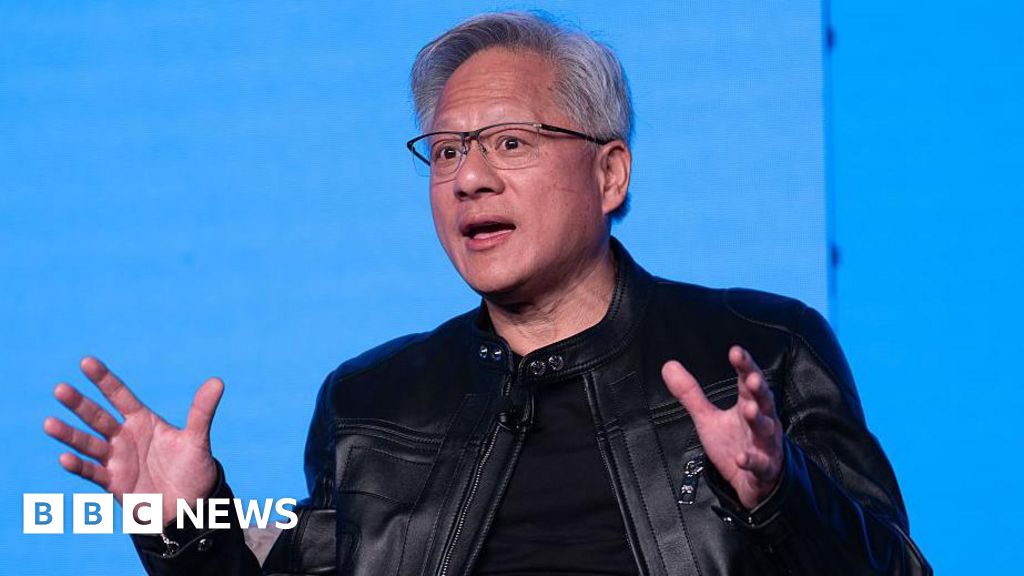Key Takeaways
- Nvidia will soon resume sales of its AI H20 chips to China, following U.S. government assurances on export licenses.
- The decision reverses a ban imposed in April due to concerns over military applications of the technology.
- Recent easing of trade tensions between the U.S. and China has paved the way for this resumption, with both nations engaging in diplomatic discussions.
Nvidia Resumes Sales of AI Chips to China
Nvidia, a leading U.S. technology company, has announced plans to resume sales of its high-end artificial intelligence (AI) H20 chips to China, having received assurances from the U.S. government regarding necessary export licenses. This development comes after a ban introduced by the Trump administration in April, which aimed to prevent the chips from potentially being utilized by the Chinese military.
The H20 chip, which was specifically developed for the Chinese market in response to previous U.S. export restrictions, represents a significant focal point in the ongoing competition between the U.S. and China in the AI sector. The U.S. Department of Commerce has yet to comment on this matter.
The easing of trade tensions between the two nations has facilitated this decision. In May, U.S. and Chinese officials agreed to a temporary truce regarding their tariff disputes, with a goal to reach a longer-term agreement by August 12. Notably, there have been recent developments such as China relaxing trade controls on rare earth exports, while the U.S. lifted restrictions on chip design software companies operating within China.
Nvidia has historically viewed China as a critical market, ranking among its largest buyers. The company’s chief executive, Jensen Huang, has actively lobbied for the resumption of sales, engaging with officials from both governments. During a visit to China, Huang discussed the potential of AI to enhance productivity and foster safe research advancement, further solidifying Nvidia’s commitment to job creation and leadership in the global AI landscape.
As this situation unfolds, the implications for the technology sector and international trade relations may become increasingly significant, prefiguring a new chapter in U.S.-China relations concerning advanced technology and innovation.
The content above is a summary. For more details, see the source article.















